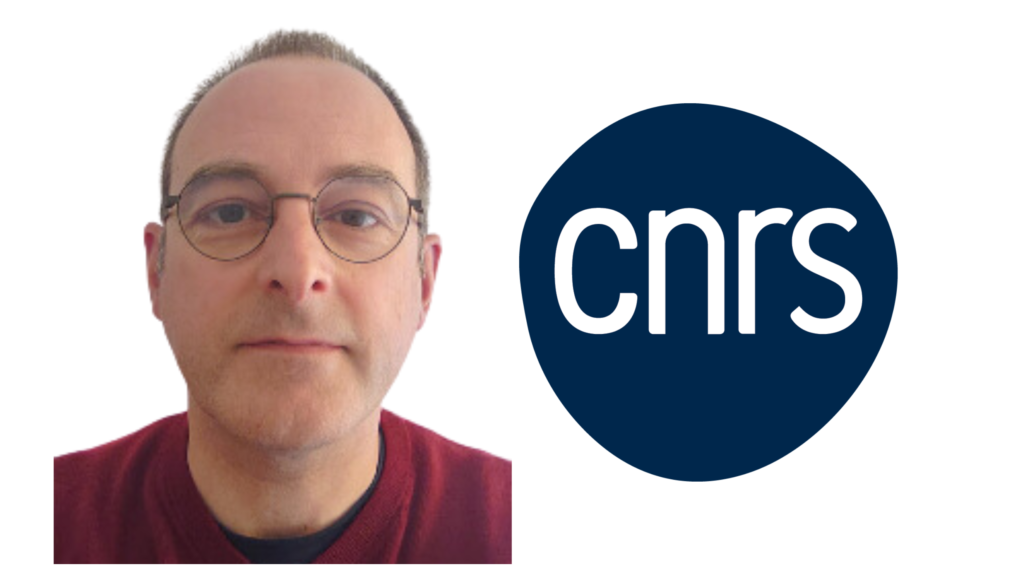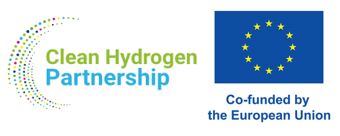“I have been a CNRS researcher since 2004. I am currently deputy director of the Laboratory of Physical Chemistry and Microbiology for Materials and the Environment (LCPME), a joint unit of the CNRS and the Université de Lorraine at Nancy, France. Our electrochemistry team involved in REDHy consists of Mariela Brites-Hèlu (Research Engineer), Liang Liu (Research Associate) and Wei Guo (Postdoctoral Researcher).”
What was your original motivation to become a researcher?
“I was not really prepared to become researcher, I mean I was doing my university studies, I was attracted by chemistry and later by electrochemistry, but this is not enough to explain why we become researcher. Now, I understand that the main reason is that I like solving problems. And currently, we have many problems to solve linked to the ecologic crisis induced by human activities.”
What is your (main) research area today?
“My specialty is electrochemistry and the two main research topics are long-term storage of renewable energy and (bio)conversion processes with H2 production or use. REDHy is related to both topics, as H2 production from water electrolysis is a wonderful opportunity for seasonal storage of renewable energy.”
What is the main focus of your team in REDHy?
“For REDHy, we have proposed to focus on the fabrication of 3D porous electrodes that will allow an improvement in the current densities of the REDHy technology. But the work is not only related to the electrode fabrication, we are considering modeling the performance of these electrodes and making a systematic comparison between experimental and numerical studies to improve both the model and the 3D structure.”
Could you describe your favourite moment/satisfaction when working for the project and – more in general – for your organisation?
“I like very much the step of project preparation, when the consortium is hardly working on a research path that fits the objectives of the call. The REDHy consortium has designed a very ambitious project and therefore some challenges are clearly defined that we have to face. My favorite moment is when we manage to overcome some of these challenges.”
How do you expect REDHy results will affect your organisation and the energy storage sector?
“I like the idea that the research in REDHy will result in a new and competitive electrolyzer. I expect REDHy to strengthen our position in redox flow technologies and open up new opportunities in the hydrogen sector.”


